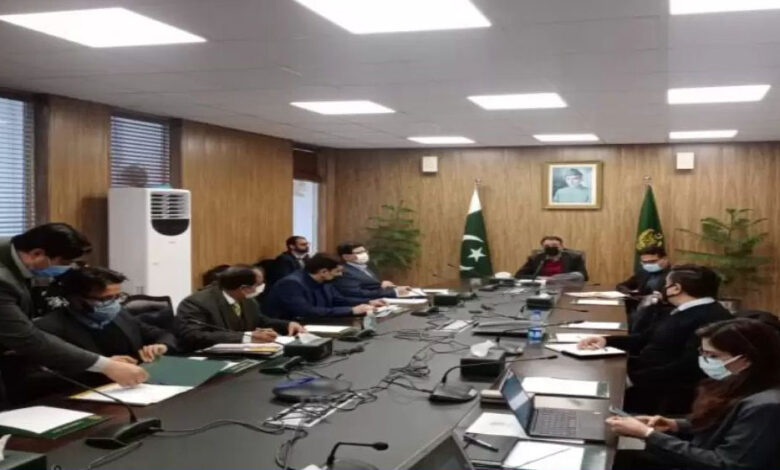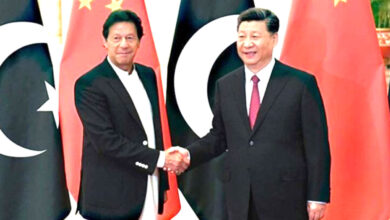The KCR transaction structure has been approved by the PPPA Board.

The Public Private Partnership Authority (PPPA) Board approved the project proposal and transaction structure for the Karachi Circular Railway (KCR) Project on Tuesday.
Asad Umar, Minister of Planning, Development, and Special Initiatives, presided over the 19th Public-Private Partnership Authority (P3A) Board meeting to discuss the KCR project.
The Board reviewed the key statistics and components of KCR’s project proposal, which called for the project to be built on a PPP (Public-Private Partnership) basis, with the private sector financing the civil works, electrical and mechanical (E & M) components (including rolling stock procurement), and operations and maintenance (O & M) of the project from its own resources under a single package contract.
The approved project proposal and transaction structure called for the project to be built on a Build-Operate-Transfer (BOT) user charge basis, with the government of Pakistan providing capital viability gap funding (VGF) to increase the project’s financial viability and bankability.
To pique investor interest in the project and boost its chances of success, the private sector would also be given a minimum revenue guarantee (MRG) for the first few years of operation, as well as the right to commercialise KCR stations to supplement fare and non-fare revenues incidental to the project.
The project’s goal is to offer dependable, safe, and ecologically friendly public transportation to Karachi’s metropolitan area.
The project is projected to serve 457,000 daily passengers, with that number likely to rise to 1 million by the conclusion of the 33-year concession period.
The proposal would employ electric trains and would be active seven days a week, 17 hours a day.
The project entails the building of 30 stations along the route, which will serve heavily populated regions of the city.
The project’s economic advantages are remarkable in terms of reducing vehicle running costs, environmental protection, reducing accidents and saving time, encouraging gender equality, and having a tax effect.
“The project is an integral element of the Karachi Transformation Plan and will play a crucial role in providing Karachiites with an inexpensive and dependable public transportation system,” Umar remarked.
He stated that following the P3A Board’s approval of the KCR project, the project evaluation process for the Karachi-Pipri Freight Corridor Project should be finished as soon as possible, since that project is similarly vital in terms of reducing congestion at the Karachi port.
The proposal, with the above-mentioned transaction structure authorised by the P3A Board, would be brought to market following approval by the Executive Committee of the National Economic Council (ECNEC).





